Elizabeth Palmer
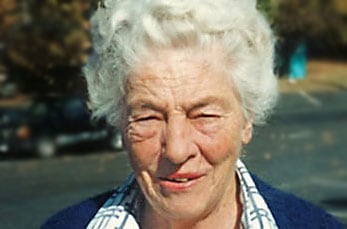
YWCA leader, advocate for gender and racial equality
Elizabeth Palmer, a resident of Pilgrim Place in Claremont, died early Saturday morning on October 4, 2014. She was 101 years old.
A native New Yorker, Ms. Palmer’s lifelong dedication to the YWCA cause and her mu
Ms. Palmer was born in Manhattan on April 17, 1913. She attended New York schools. Her higher education included Columbia University, Barnard Teachers’ College and Union Theological Seminary, where she earned a degree in education with a religious education major.
She started at the YWCA in 1935 at the Central Branch in New York City, working with industrial workers and a large program for unemployed girls. From 1941 to 1942 she worked with the YWCA USO program, setting up facilities for young workers in the expanding war industries in southern Connecticut.
In 1942, Ms. Palmer was loaned by the YWCA USA to the YWCA of Great Britain. She travelled across the Atlantic in a troop ship. Once there, she became General Secretary of the YWCA of Manchester. She joined the staff of the World YWCA in 1945, working mainly with the YWCAs of Belgium and France as they were emerging from the intense difficulties of war and occupation. In one instance, two days after the German surrender, Ms. Palmer commandeered a troop carrier from the Army and drove it from Brussels to Utrecht, gathering delegates for a meeting at The Hague. A year later, in 1946, Ms. Palmer organized the first post-war conference of young leaders and members of the YWCAs of Europe.
After attending the World Council in Hangchow, China in 1947 Ms. Palmer was appointed World YWCA Secretary for South East Asia, bringing the associations of South and East Asia closer to each other and into the world movement. Ms. Palmer returned to the World Office in Geneva in 1952 as Secretary for Interpretation and Finance, where she set up the financial structure for the organization. In 1955, Ms. Palmer was appointed General Secretary of the YWCA, a position she held until retirement in 1978.
In 1980, Ms. Palmer chaired the NGO Forum at the Second UN World Women’s Conference in Copenhagen. She worked very closely with the World Council of Churches, and succeeded in shaping the YWCA as a worldwide ecumenical movement respecting diverse cultures, religions and national contexts.
Ms. Palmer came to Pilgrim Place in 1988. She immediately immersed herself in the Pilgrim Place community, becoming active in the Beta Center and other committees. She was also the recipient of the Ecumenical Social Justice Award from the Human Relations Council of Pomona Valley.
She had a voracious appetite for newspapers and histories. Her other interests included listening to music and a lifelong interest in skiing, fly-fishing and golf. In addition to her native English, she also spoke French and Italian. At Pilgrim Place, Ms. Palmer was known for her small dinner parties, believing that conversation over a well-prepared meal brought out the best in friendships.
Tributes to Elizabeth Palmer have flooded onto the YWCA website.
Dara Richardson-Heron, CEO of the YWCA USA in Washington, DC, wrote, “Her inspiring words and her passion for preparing young women to take the highest positions of power in our movement and country will be honored through the continued work of our volunteers and staff worldwide. She helped to build a more just and peaceful world for girls and women everywhere.”
Musimbi Kanyaro, Immediate Past General Secretary of the World YWCA, contributed additional praise, saying, “I will miss my friend and mentor and the YWCA has lost a legendary leader.”
Naradzayi Gumbonzvonda, General Secretary of the World YWCA in Geneva, Switzerland, emphasized that Ms. Palmer’s legacy will continue: “Our tree has fallen and her shade continues to shelter us, today and always.”


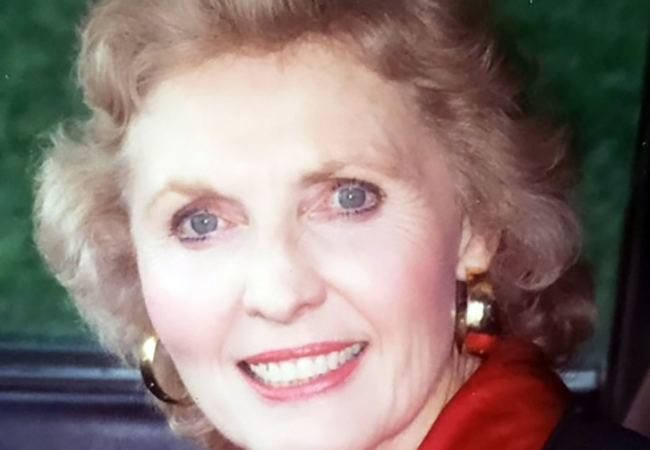
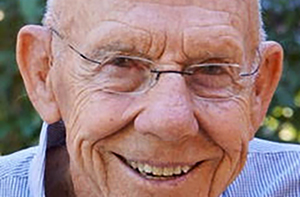
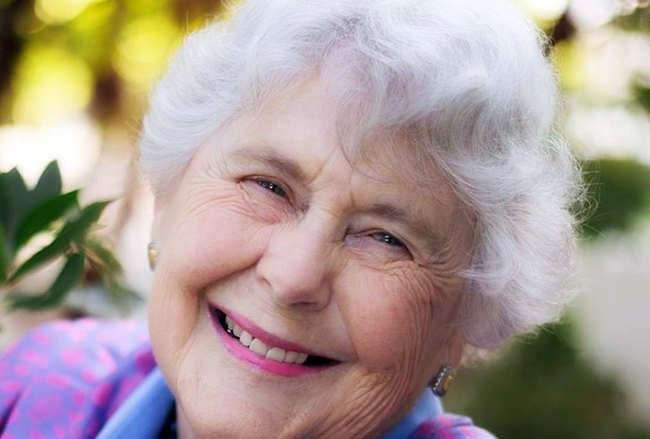
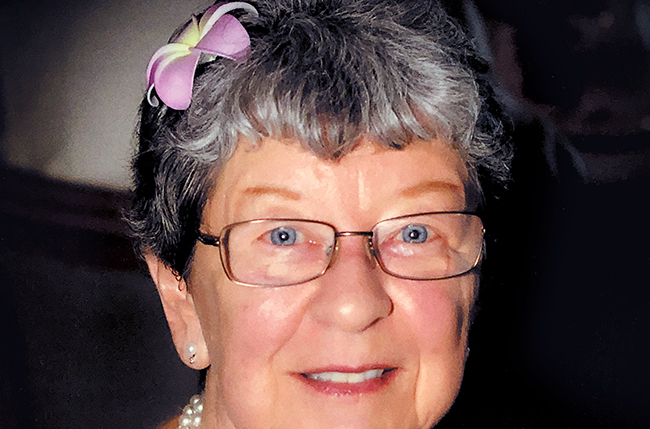
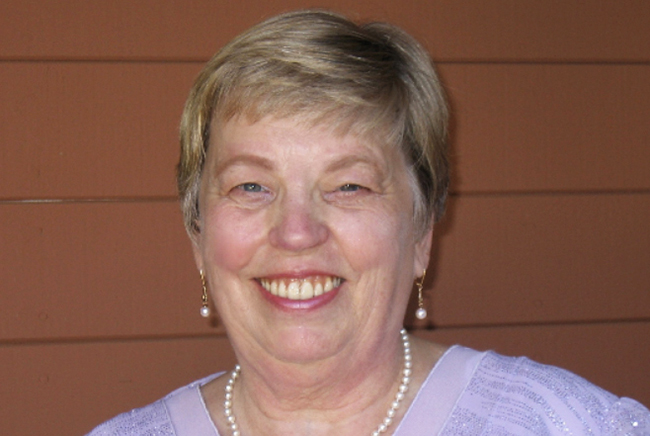
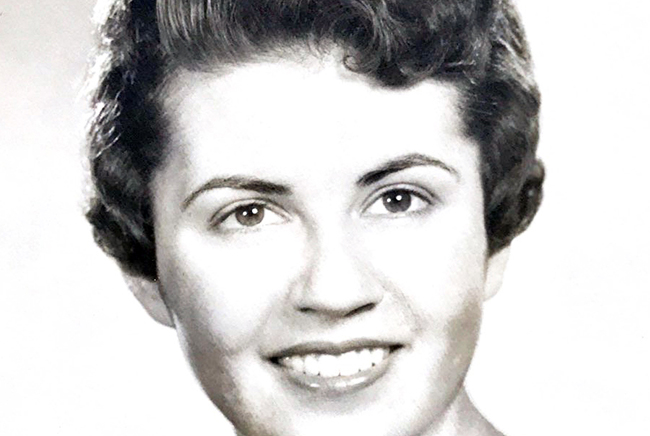

0 Comments